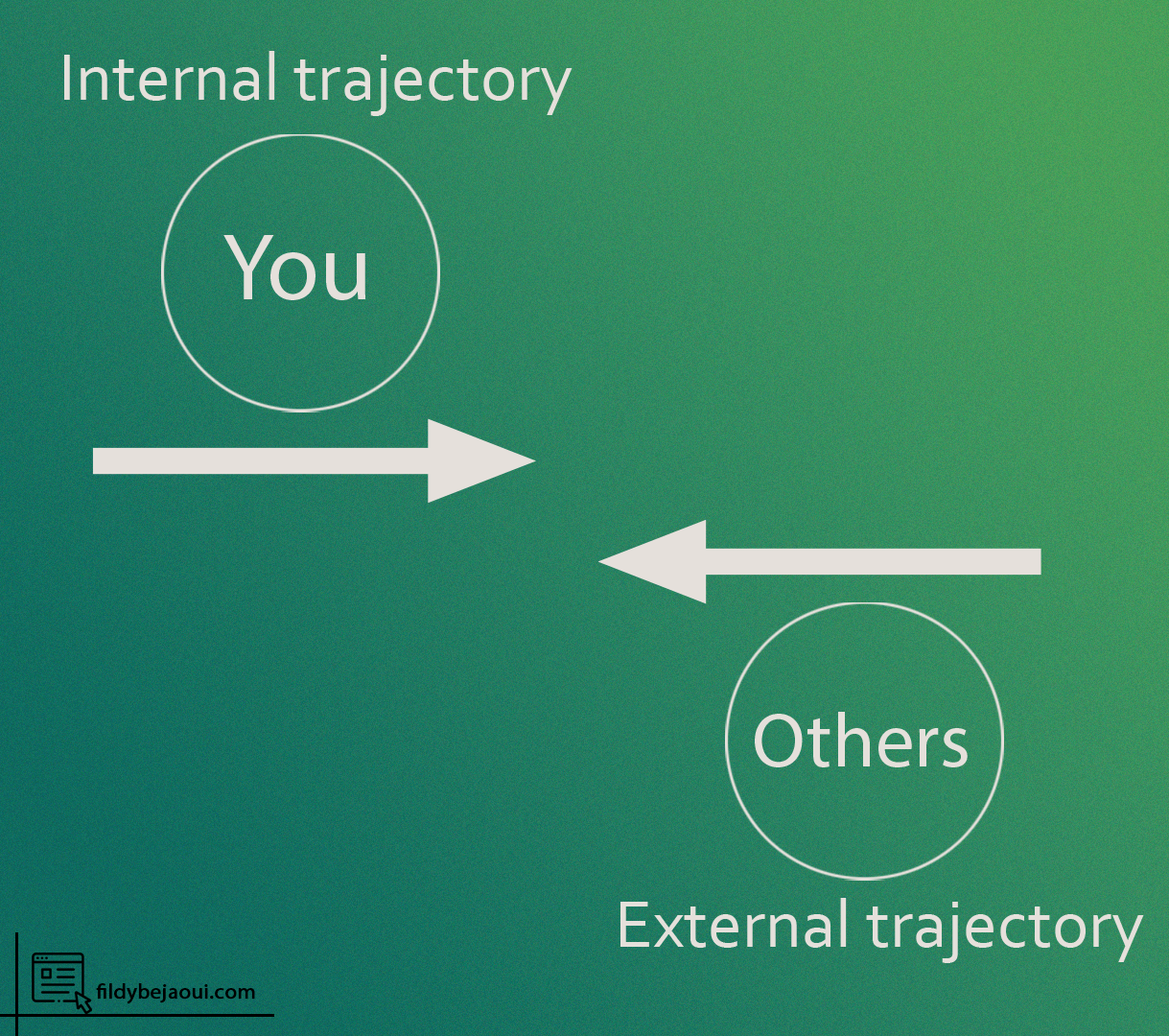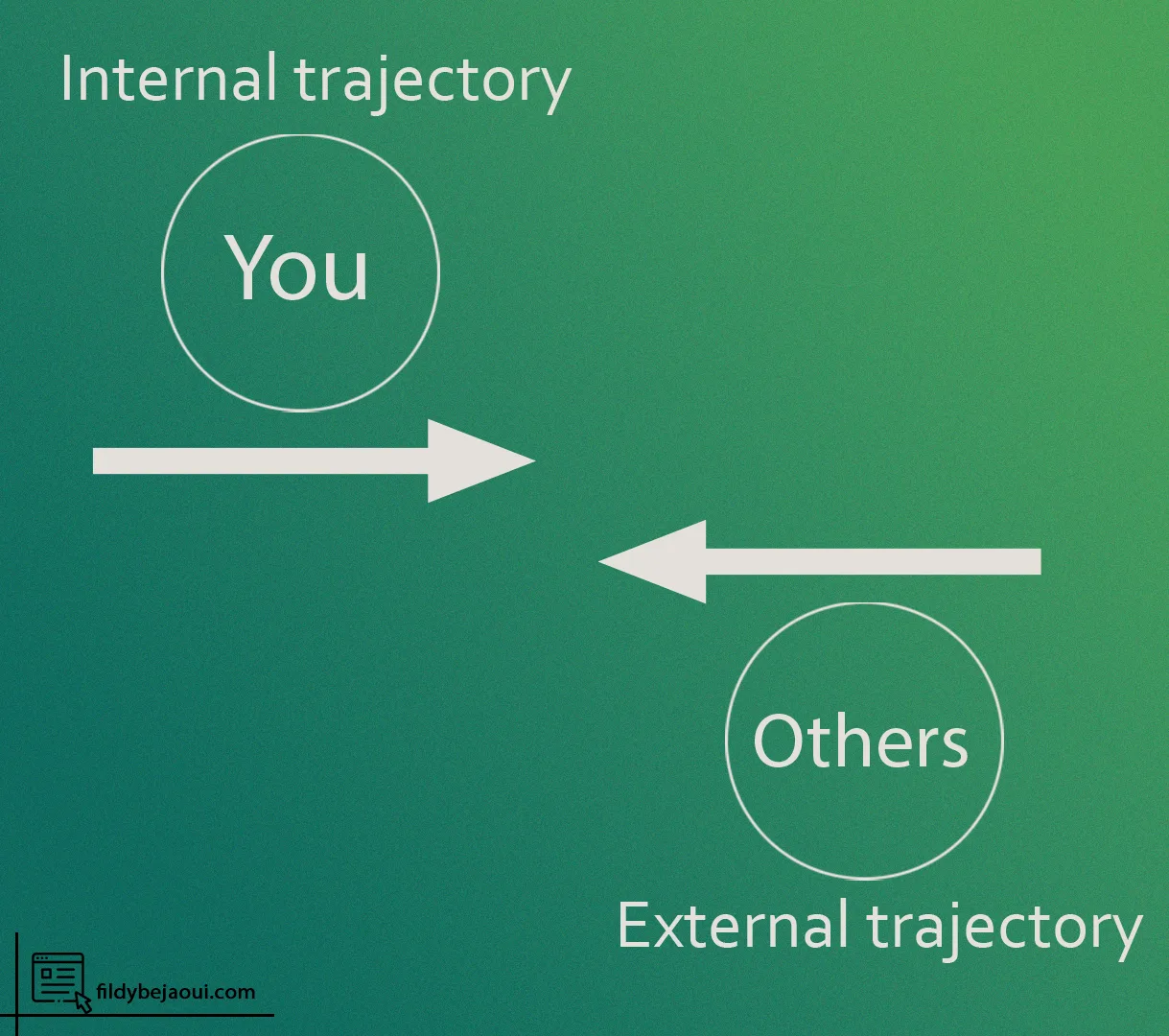Is Lifehouse’s “Everything” about God or about a Lover? / Lifehouse’s Everything Meaning & Interpretation
Answering whether the timeless song “Everything” by Lifehouse is about God or about a romantic relationship/lover, and explaining how the…
Vibes database
Subscribe
Related
In my writings, I often interchangeably refer to what animates one’s self as consciousness, the mind, and finally, as “you“. Dancing between these terms when…
Love is. That is a fundamental part of reality. But dysfunctions—on the part of former victims -> abusers, lead to this most valuable of currency…
Answering whether the timeless song “Everything” by Lifehouse is about God or about a romantic relationship/lover, and explaining how the god interpretation came to be…
This post is a non-exhaustive catalogue of currents in the universe. Things that consciousness does, things that you can find existing inside the mind, etc. I call it vibes because it’s easier to, but call it whatever you like. This article is always in construction.
We are always already pre-programmed. We come into existence with the way we operate already pre-“packaged” inside us, and it’s less a matter of inventing who we are, but to discover what’s already there.
Table of Contents
Fear of harm
In the end, fear of harm, is often, primarily fear of emotional harm. The mind watches out for its emotional well-being at all times, even above our physical well-being.
I believe this particular focus, is possible because, as people living in our generations, we have parted with the discomforts of physical suffering and with the unpolished, unpreparedness of our systems that led to that type of suffering. Enough that we can believe ourselves safe enough on a physical level, to be able to focus on our feelings, on the world of the mind.
Even beyond that, however, fear of emotional harm trumps fear of physical harm, because physical harm has an emotional component on top of being physical as well. As such, there is nothing worse than emotional harm, because it is completely inescapable. What can harm us the most, is ultimately emotional, due to the emotional meanings that every single experiences holds to human consciousness, including harmful physical experiences.
The second thing is that emotional pain is the “stuff” of existence. And that is due to the nature of the mind. The mind being a vibrational formation, we are vibrational entities first and foremost, before the fact that we’re physical beings. We’re directly privy to the world of the vibes through the mind, and none more so than when we experience suffering (a type of vibe). While physical suffering takes place in an entirely different dimension of existence (the material one), the mind is the seat itself of existence. And therefore, what goes on there cannot be escaped, because we’re too alive not to feel it. It’s the difference between watching television and going out into the real world to truly live.
I’d like to argue, then, that emotional suffering likely trumps physical suffering in terms of gravity.
The final argument being, that while physical wounds mend rather quickly, and rather spontaneously (the body’s built-in healing abilities), one’s emotional processes take considerably longer, and require a lot more scenario-type stimulation to unfold.
Fear of being caught
Fear of being caught is classified under fear of harm because of the assumption that being caught will lead to harm. When someone fears being found out, they fear their agenda, intention or action is going to be stopped. This agenda, intention or action has been put into place by the mind for a reason, as the mind believes it will lead somewhere wish-able. The fear of being found can equal meaning they will not be able to attain their end-goal.
The fear of being caught also concerns the fear of awareness, and of looking at one’s self, as one is, as the experience would push us to see ourselves wholly and in an unbridled way, without the cover up and veil of lack of awareness.
There are multiple and complex reasoning in fear of being caught, such as:
- fear of loss of agency, and
- fear of emotional harm.
These two are subsets of the fear of being caught, because they specifically, in this context, are derived from it.
When being found out, it implies being seen by the eyes of others. Being seen by others implies being subjected to their judgement. But a person’s judgement is personal to one’s self, tailored to one’s self, and arbitrarily follows one’s own personal standards, which concerns itself only with the well-being of oneself, and may not necessarily include or know how to include, the judgement and standards of others, as they may either contradict or differ.
Agency dictates that every human being is responsible for themselves, meaning they are subject to the rigorousness of their own standard and judgement. A person has self-sovereignty and governance, meaning they incarnate every role when pronouncing judgement, their own tribunal, judge, defender, witness and arbiter, over their own elves and subject to their own moral compass. That is because only one’s self has access to the totality of one’s mind, and is able to make a complete judgement call that includes every single facet of a problem -> that is, when biases are not presented, or are dealt with appropriately.
To be subjected to the judgement of another person (-> to be found out), includes the fear of emotional harm, because it implies the fear of being misjudged, and thus misunderstood, since to be seen by the inner authority of another means to be looked at through that person’s own standard, which is tailored to themselves, and not to the person being judged.
Everyone’s own authority is for the purpose of self-governance. While comparisons, and being subjected to another person’s own authority, can reveal many things, and can be extremely productive, it also has volatile results and can need adjustment and tweaking for the final judgement call to be as accurate as possible, and for the pronouncement to be as judicious and productive as possible. (Productive = going in the direction of evolution).
↳ Moral judgement: One’s consciousness (in this context, hear moral compass) is always more or less connected to a wider, universal standard of moral, and depending on the level of evolution of the person, accessing that standard and understanding its complexities is more or less readily available to the person. This is what leads to more rigorous moral compasses, etc.




[…] all things subconscious, the mind doesn’t like being found out, because having already been thrown off the beaten path of asking for something, it now being […]